Many families are using technology more than usual due to social distancing related to the coronavirus. Smart phones, tablets, and computers have become more important than ever as children stay home and attend school online. This article will help parents understand risks to children who use these devices and provide practical tips to keep kids safe.
Vermont has seen an increase in reports of children experiencing exploitation online from adults, and most of the cases involve children under 8 years old. Online groomers visit games, social media, and apps that children enjoy to try to become friends with a child in order to eventually ask a child to give them personal information, sexually explicit photos or videos, or to meet in person. Children are more likely than adults to believe that people online are their friend. Parents can share with children that people online are strangers unless the parent knows the person in real life. Also, teach children from a very young age to ask for adult help if anyone online ever asks for information, like the name of their school, their full name, or their address. Encourage children to ask for adult help if anyone online tries to give them money, gifts, or gaming credits. Encourage children to alert adults if anyone online asks for photos or videos of any kind.
Some content in the digital environment is not kid-friendly. Gamers on games that are intended for adults may engage in chat or voice audio in adult language that is harmful for children to see or hear. Additionally, many children report accidental exposure to adult content, such as pornography. The best defense against this kind of harm to children is for parents to spend time with children online, on games, using apps, or surfing the net and use these as teachable moments to talk about adult content risks. Parents can tell children that if they are accidentally exposed to something upsetting, they can ask for help. Parents should feel comfortable checking a child’s browsing history, knowing the passwords for devices, and monitoring closely the child’s technology usage, because technology is not like a diary (private) it is public and has risks that parents need to protect against.
Parents of adolescents need to be aware that while having a crush is a natural part of growing up, the digital environment poses new risks. These days, youth may text, use apps, email, or use their personal smart phone to communicate with peers they feel attracted to. Researchers have found that sexting is rather common among teens and that youth who have sent sexts say that it feels like a fun or flirty way to show attraction. Parents should remind youth that all photos and videos that are shared digitally are public (not private). Parents can also help minors to understand the law about the sending or receiving images and video that are explicit. There are legal implications even when two youth both agree to send these digital items to each other, and even more so, when sexts are sent without consent or shared with other parties. Parents are encouraged to speak about this openly, so that young people can feel comfortable asking for advice when they need it.
Technology can be a wonderful tool for children to learn, stay connected, and prepare for their future. But, unfortunately, there are some risks involved with digital use. Parents can keep children safe in digital environments by following the simple tips mentioned here. Parents can reach out for support with digital safety by calling the Vermont Parents Helpline at 1-800-CHILDREN (1-800-244-5373). If you believe your child or teen may have been approached by an online predator, call: 911 or report online at NCMEC CyberTip or Internet Crime Complaint Center
Here are some other resources you can find on our website, PCAV@PCAVT.org : COVID-19 Resource Guide; and the Vermont Parents Home Companion and Resource Directory. Also call 211 for information about a broad variety of resources.

